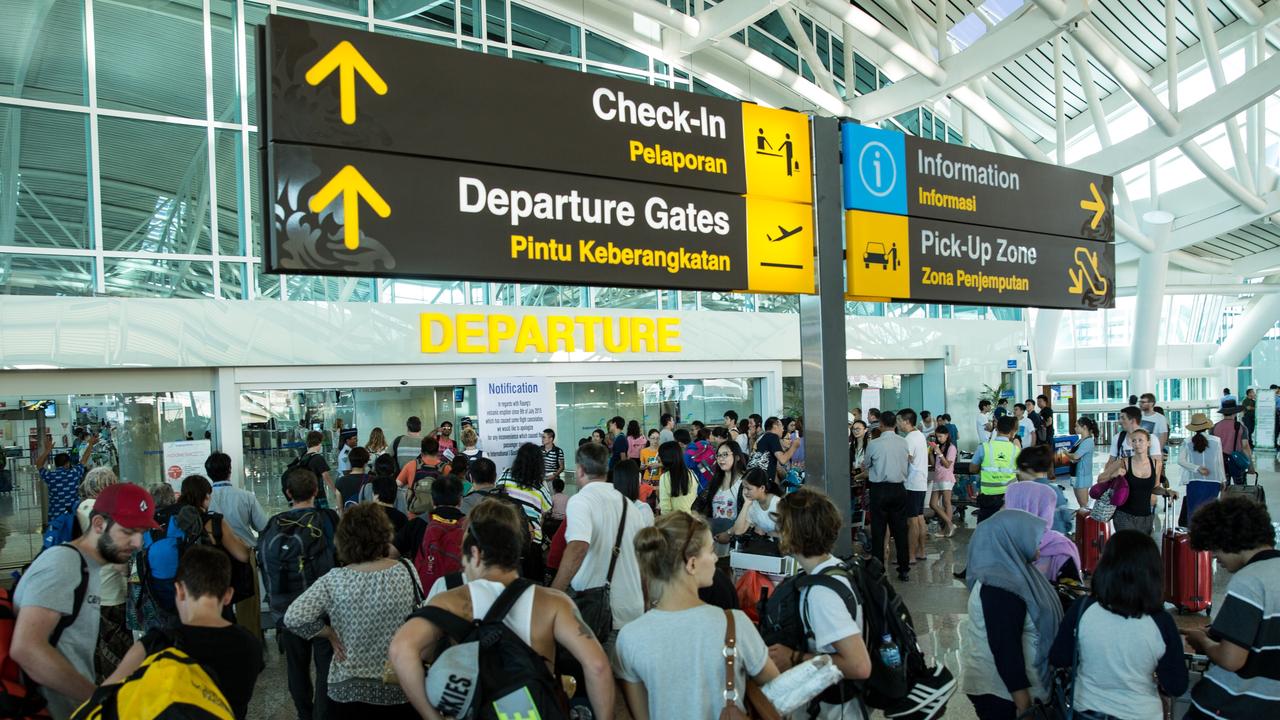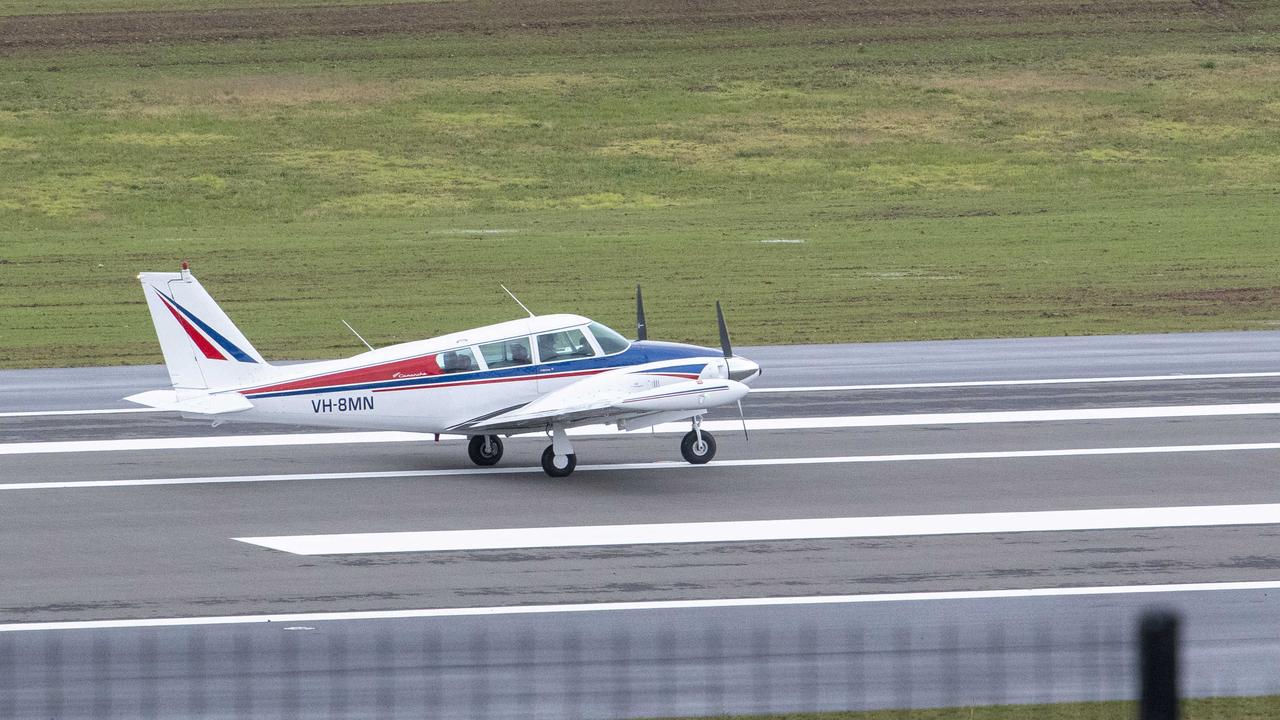Berlin finally going to open $10b ‘ghost airport’ after embarrassing nine-year delay
After nine humiliating years of delays and controversy, this gleaming Berlin airport, which has never been used, may soon see its first flight.

After nine years of delays, some major scandals, and a bill that’s blown past $10 billion, Berlin’s “ghost airport” finally has an opening date.
The built but unused Berlin Brandenburg Airport, which had been considered a major disaster of a project and source of deep humiliation to Germany, will finally start operating on October 31, 2020, its operating company has confirmed.
The airport was originally set to receive its first flight in 2012 but it never happened, and the gleaming airport has been untouched ever since.
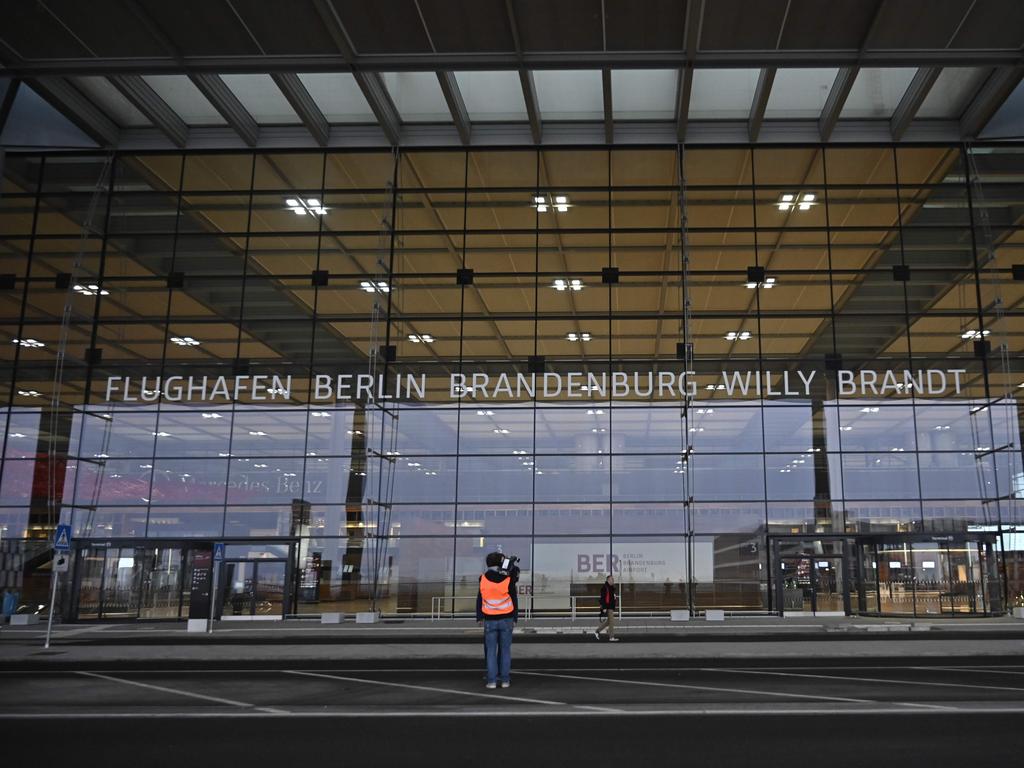
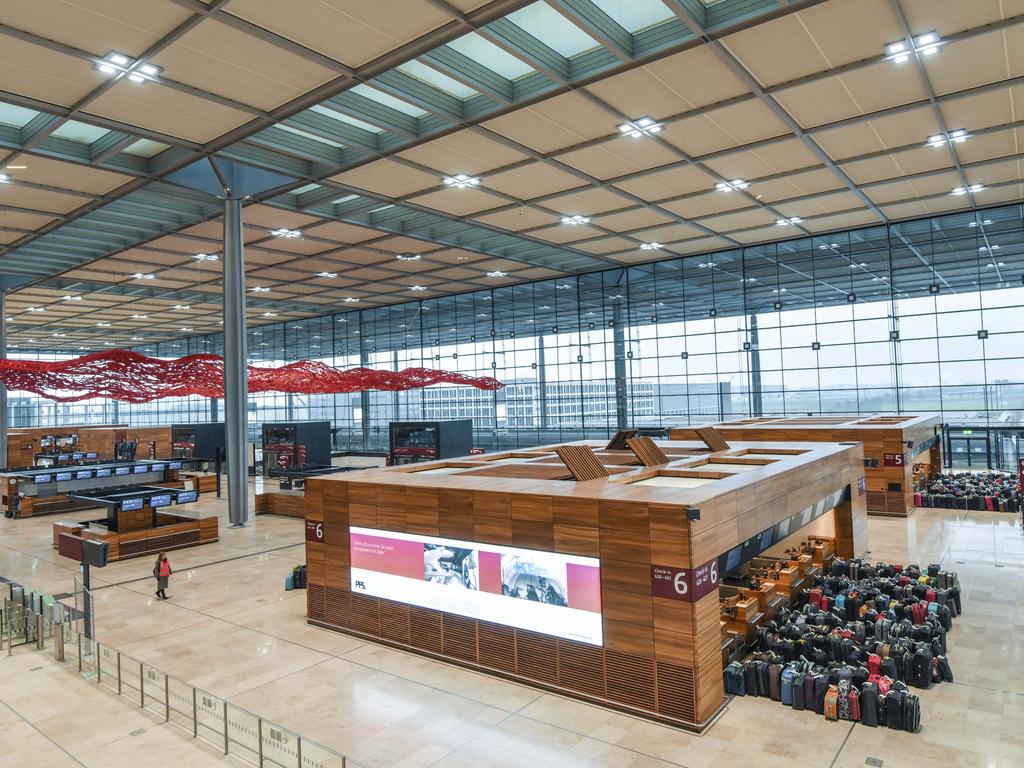
“The date is set,” Flughafen Berlin Brandenburg group chief executive Engelbert Luetke-Daldrup said on Friday.
However, he added: “We still have 11 months of hard work ahead of us.”
If the current plan goes ahead, a suite of airlines, including British low-cost carrier easyJet, will begin operations at the new airport on October 31, AFP reported. Another wave of airlines will follow in the first week of November.
The airport, which will be known by the international code BER, is intended to replace the two ageing, Cold War-era international airports in the German capital.
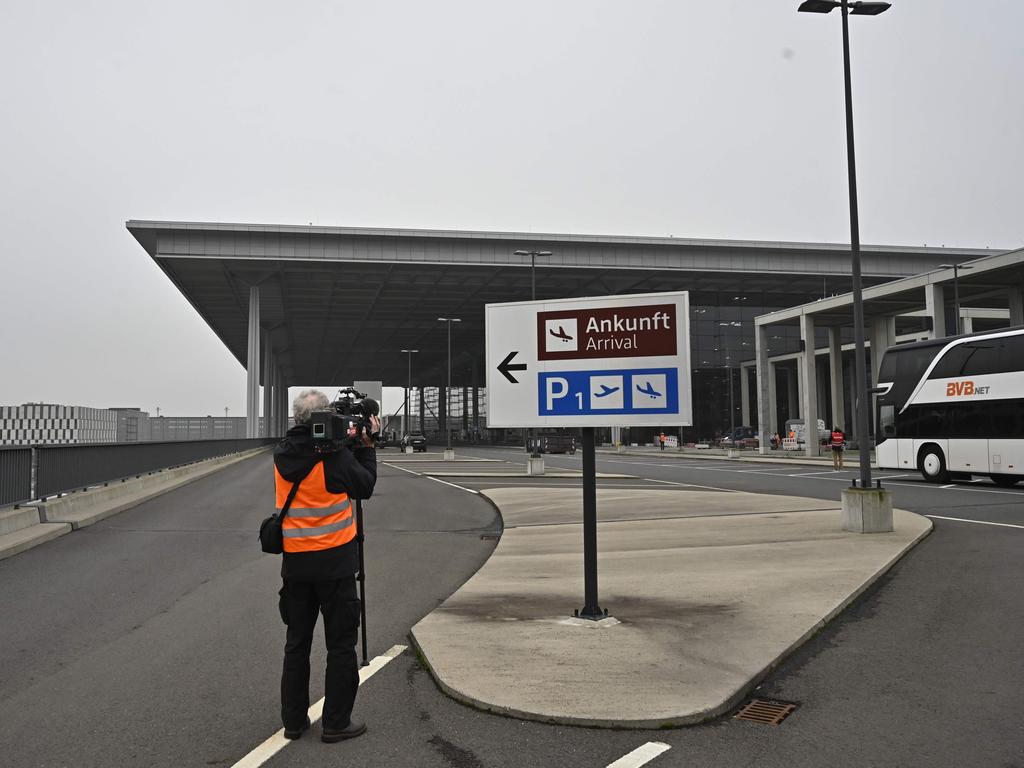
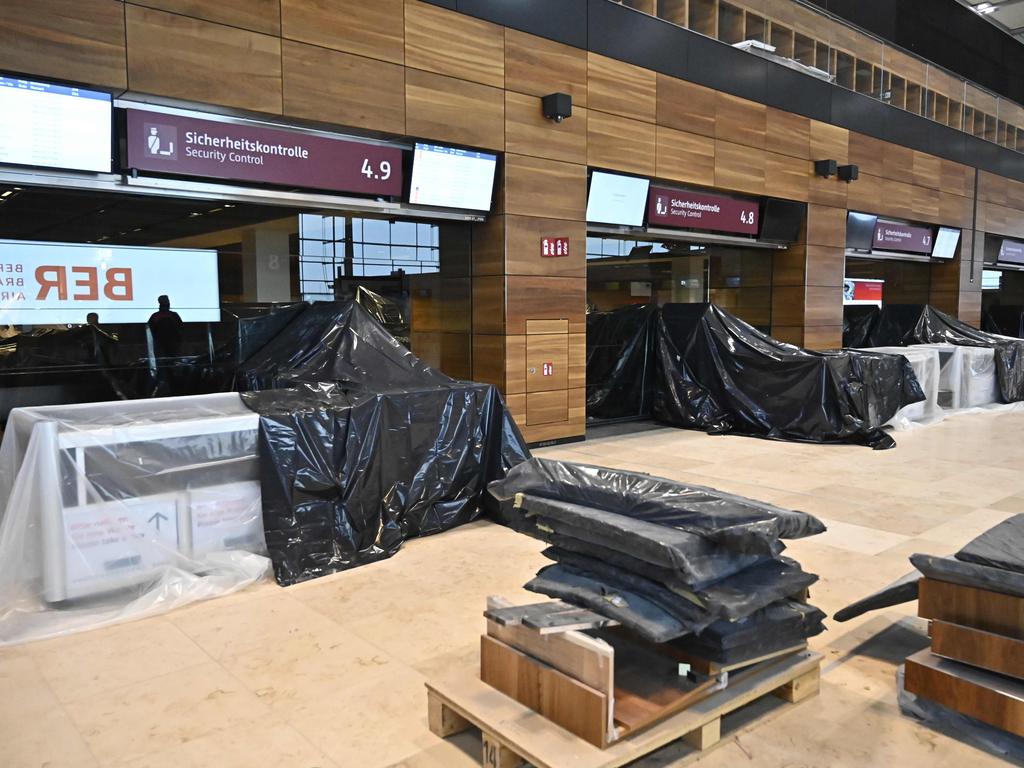
Everything is ready to go at the new airport, which has fully equipped terminals, an airport hotel and an underground station.
The unused airport is estimated to have cost German taxpayers about one million euros every day in maintenance and construction fees.
The airport was planned in the 1990s, and construction started in 2006. The original plan was to open the airport in 2011 as an important symbol of German reunification, as it was to replace Berlin Tegel, which formerly serviced West Berlin, and Berlin Schoenefeld, the airport of the communist East Berlin.
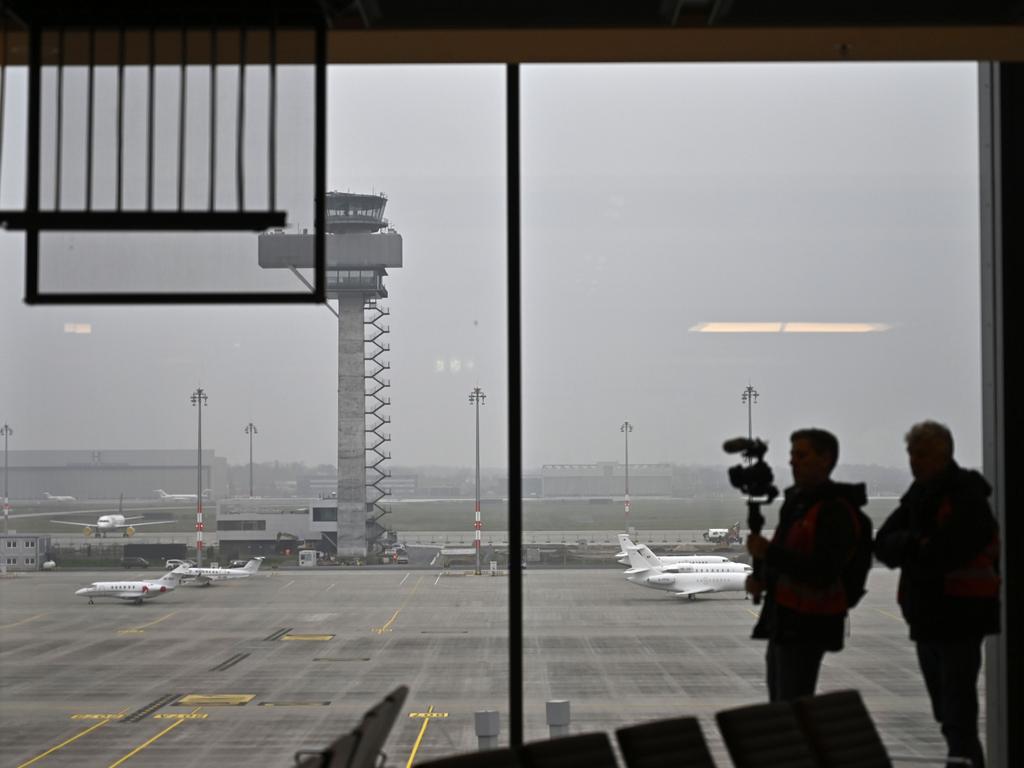
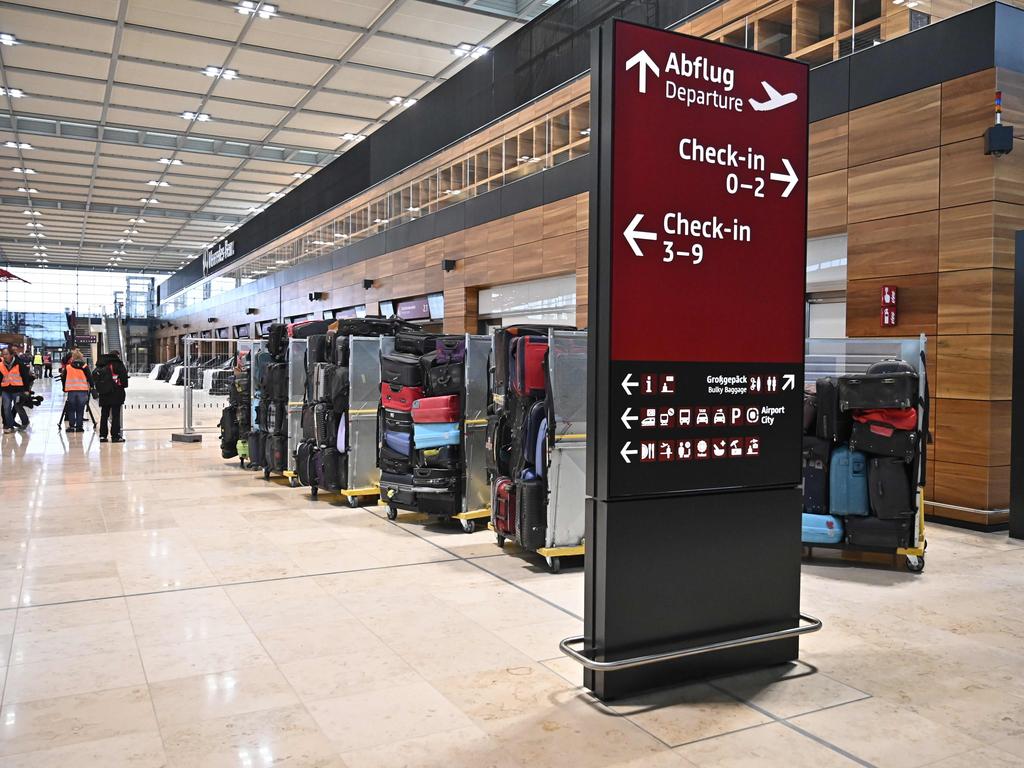
But a series of severe problems derailed the project, turning it into a national joke – especially considering Germany’s reputation for design and efficiency.
“If you look at the list of failures you begin to have doubts about the legendary German engineering,” Hans Brandt, a journalist with German news service Deutsche Welle, said in 2017.
“Ninety kilometres of cabling were incorrectly installed; all 4000 doors were wrongly numbered; the escalators were too short, the planner in chief was an impostor and the emergency line to the fire department was not installed.”
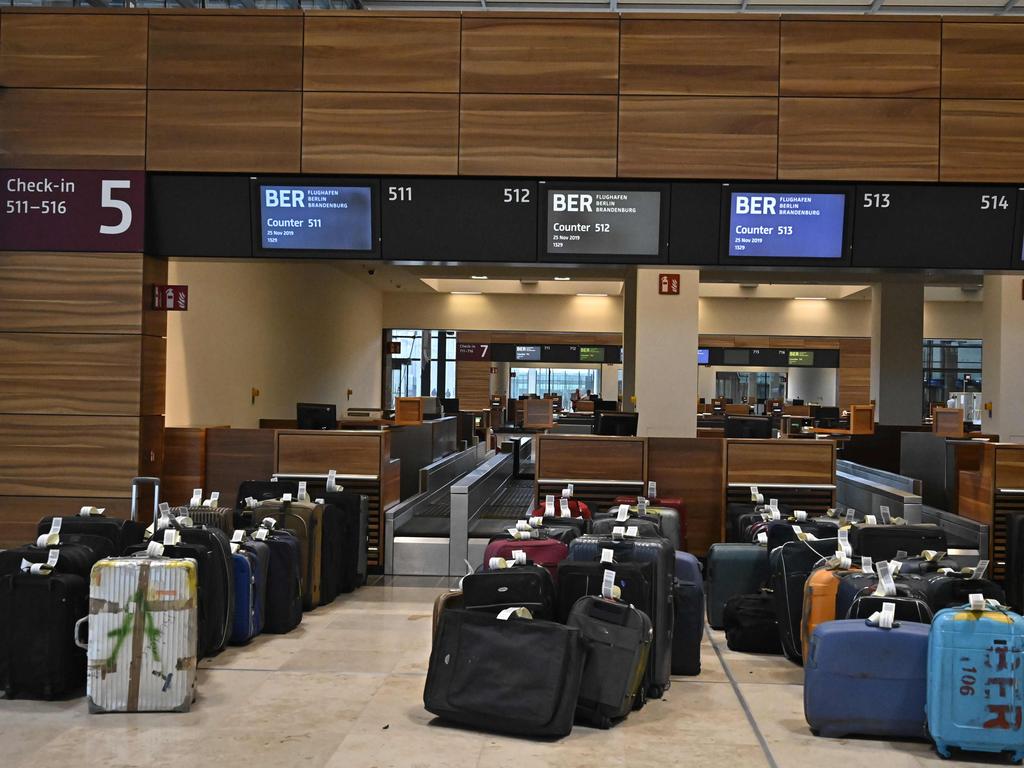
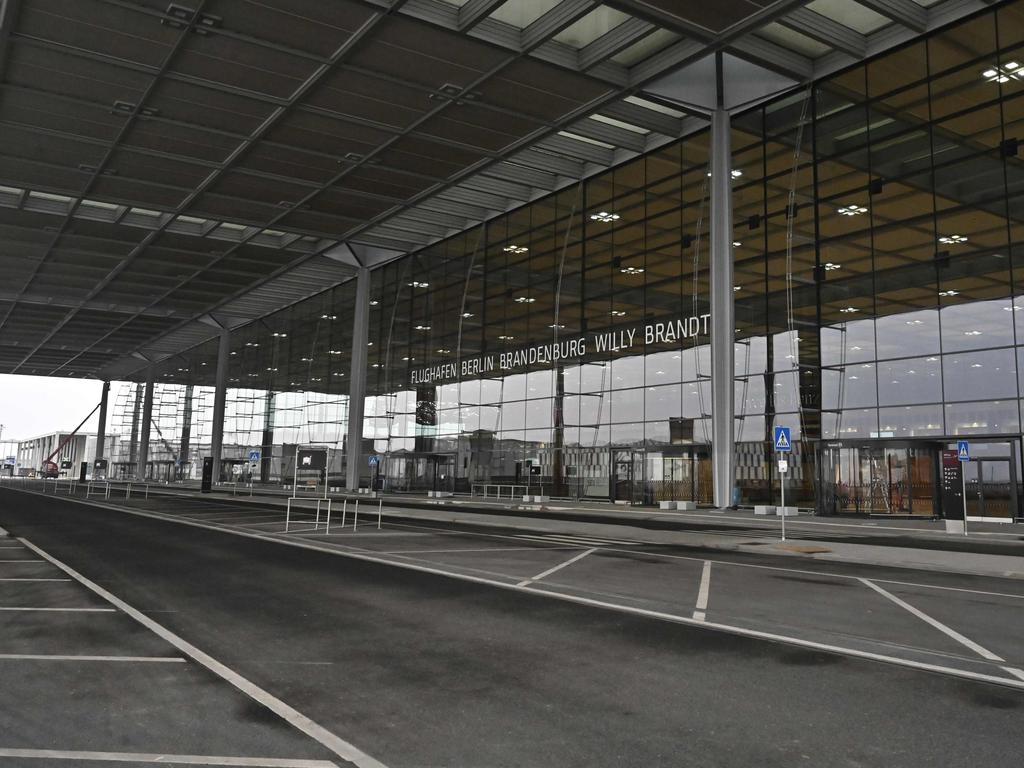
The biggest problem was a fire safety system in the main hall that spectacularly failed a safety test shortly before the original opening date.
The project hit another roadblock in 2014 when growth in traffic to the existing Berlin airports made it apparent the new airport would be running at capacity as soon as it opened – and there were no plans for future growth.
The embarrassing failures were compounded by accusations of corruption among airport contractors. In 2016, a former manager of the project was jailed for accepting a bribe. A series of high-ranking executives quit, including the project’s chief executive in 2017.
Meanwhile, the cost of the project had ballooned from the initial budget of $2.75 billion to around $10.5 billion.
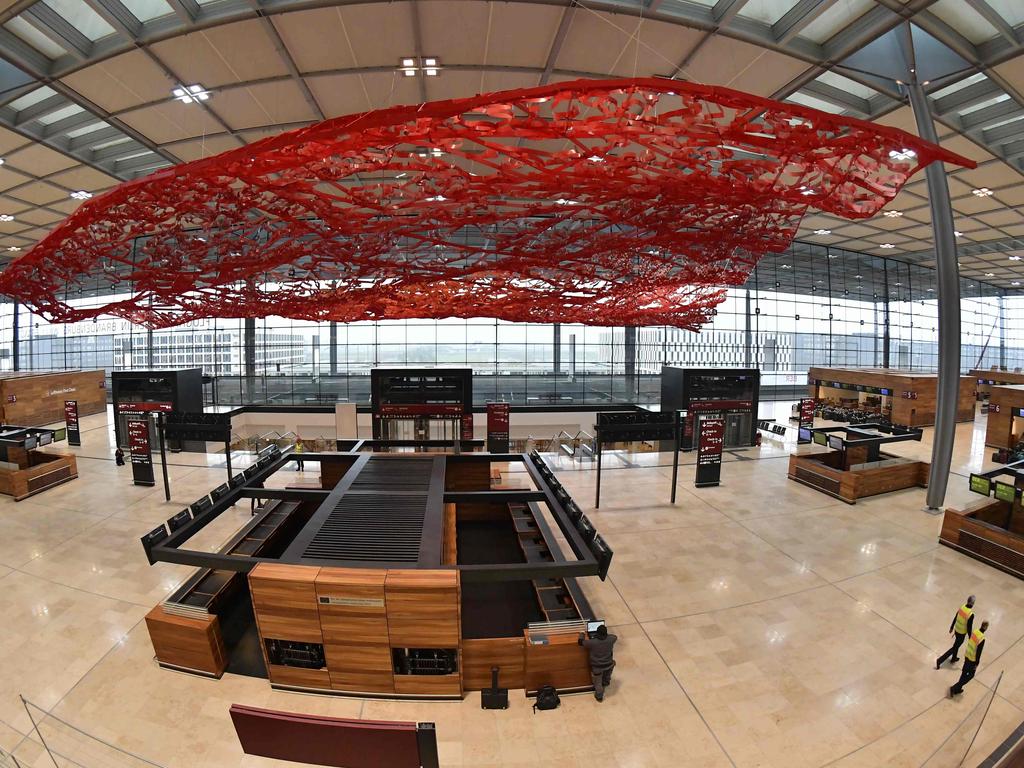
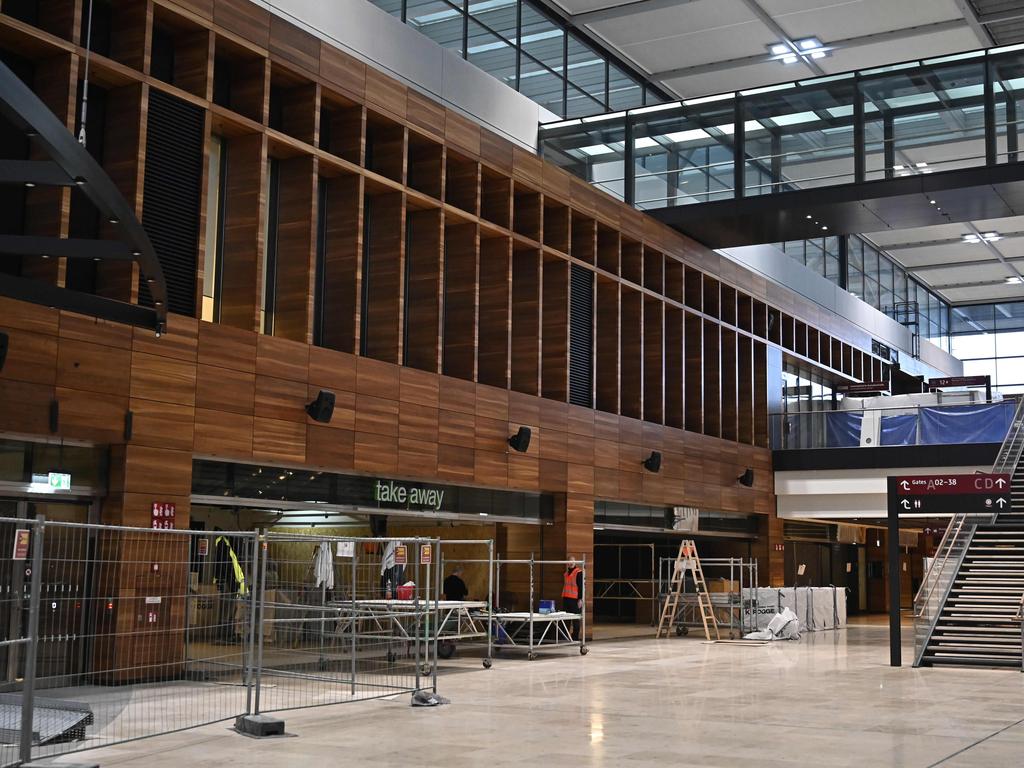
Officials now say the airport will undergo system tests between April and October ahead of the planned October 31, 2020 launch.
Under the plan, flights to and from Tegel will end on November 8, although Schoenefeld will continuing operating for some time, Reuters reported.
“This time it’s going to work,” Brandenburg regional chief Dietmar Woidke said.
But it may not yet be a foregone conclusion.
“The date announced is very ambitious if you consider the problems that must still be resolved,” Germany’s Greens leader Anton Hofreiter warned.



